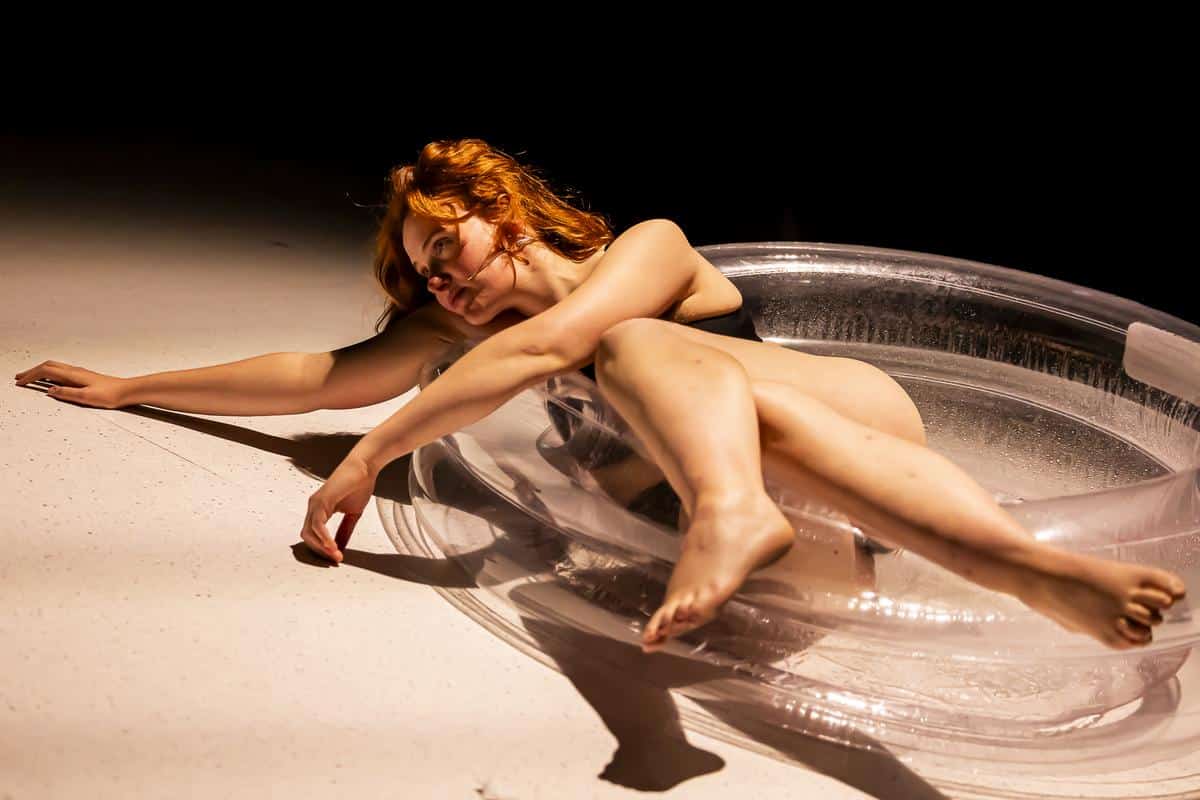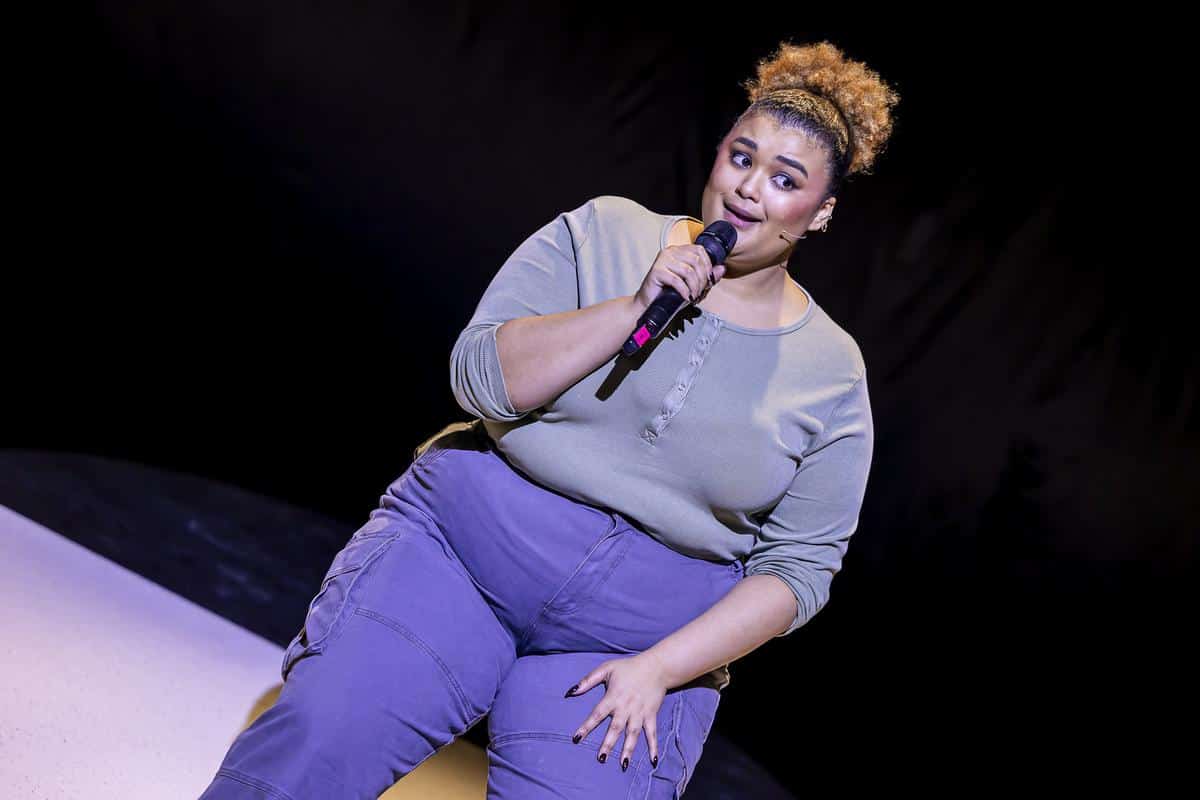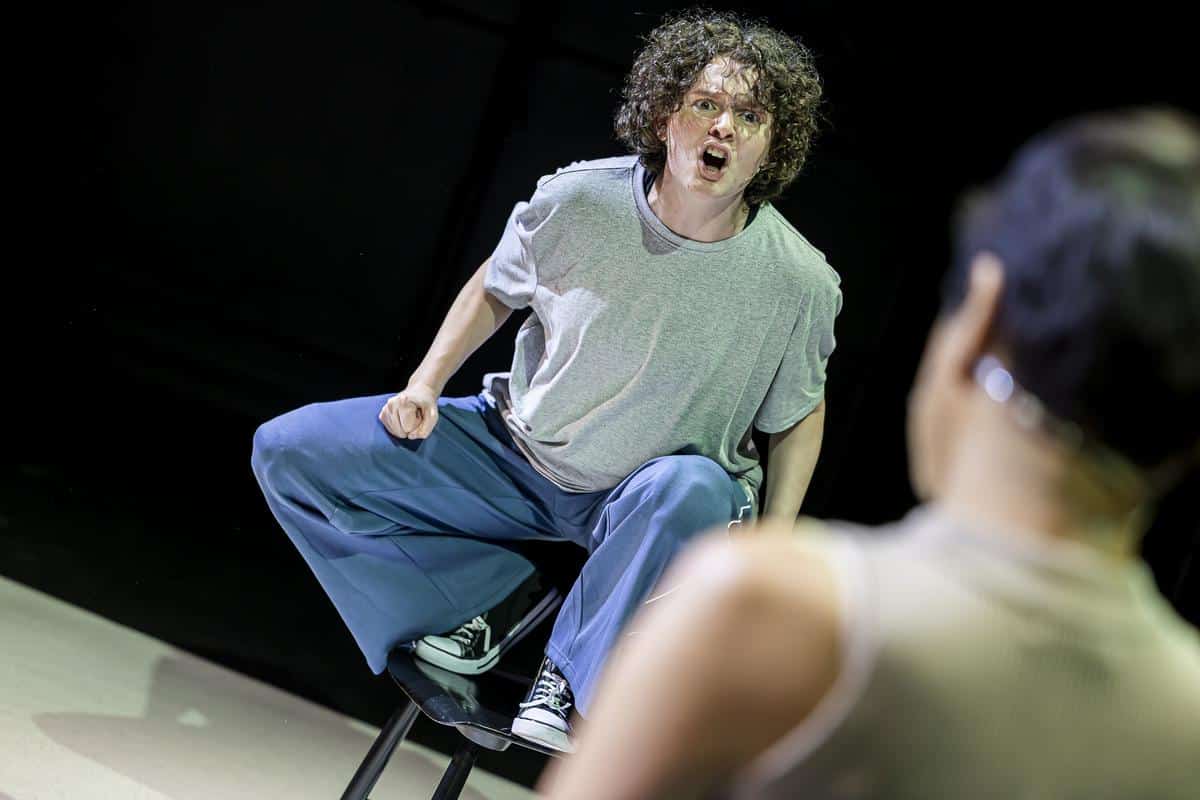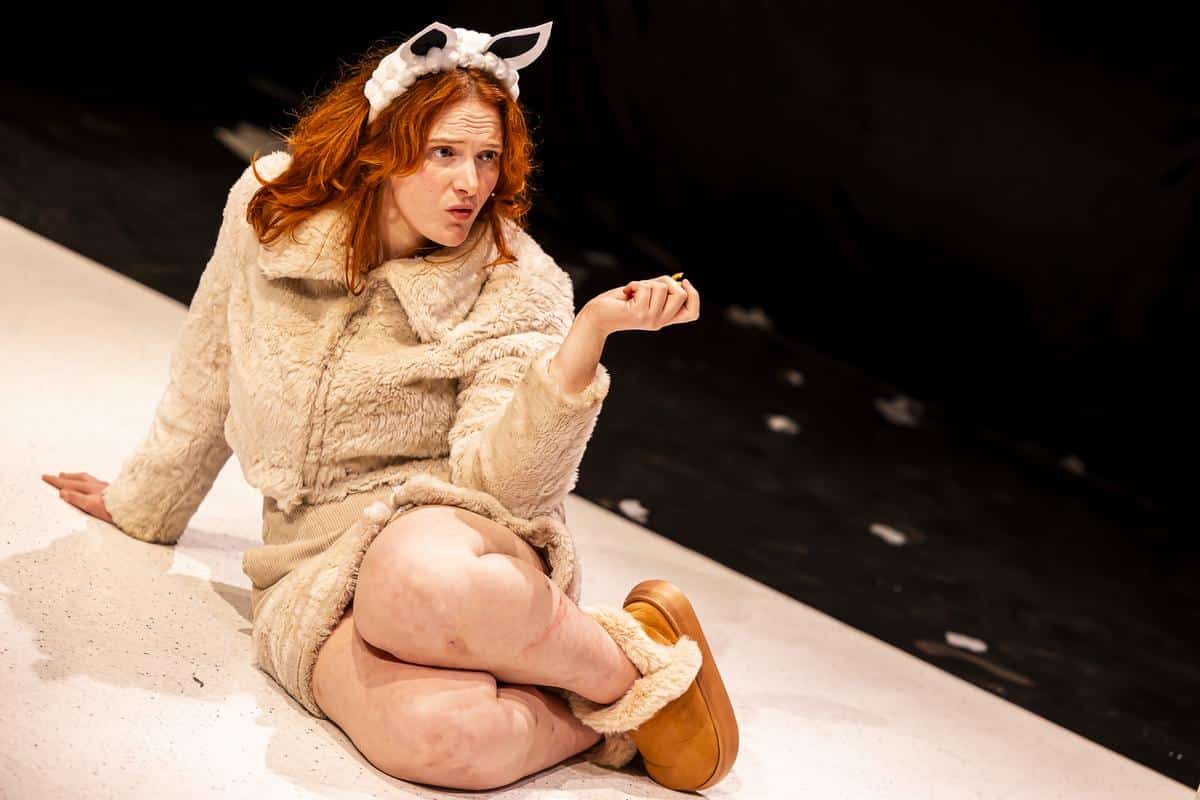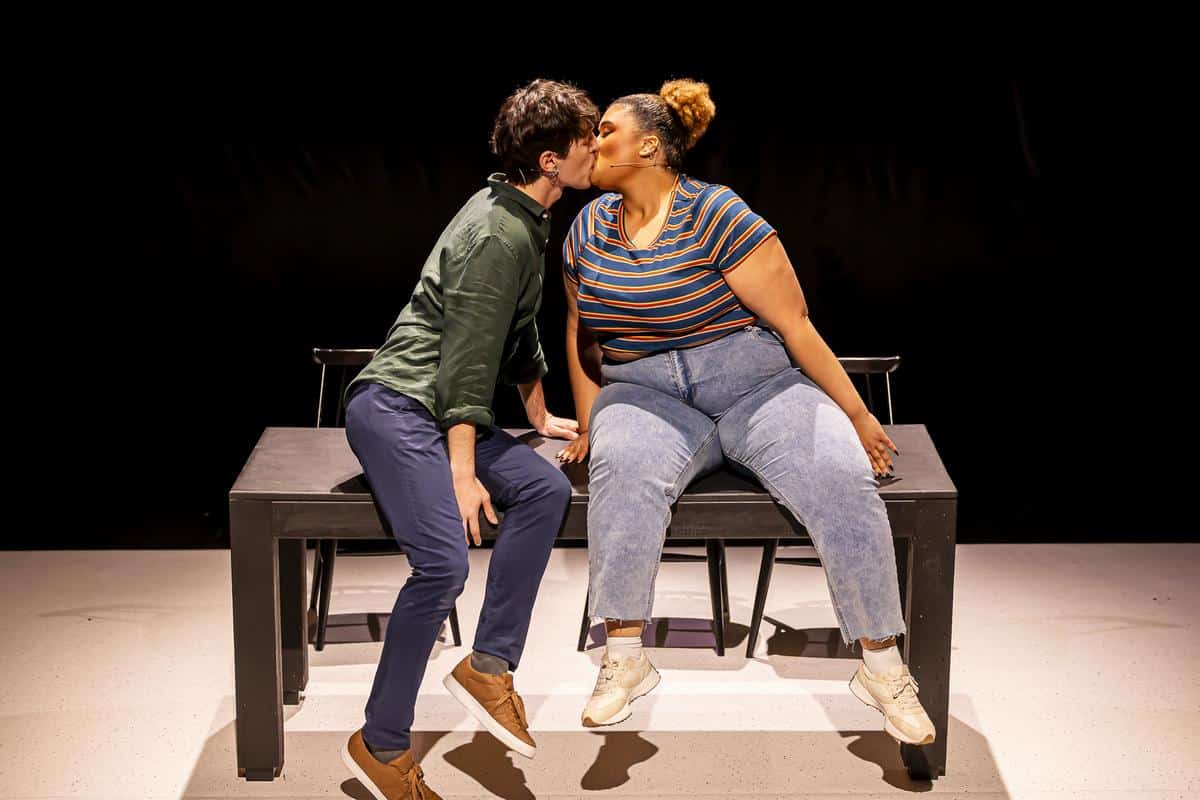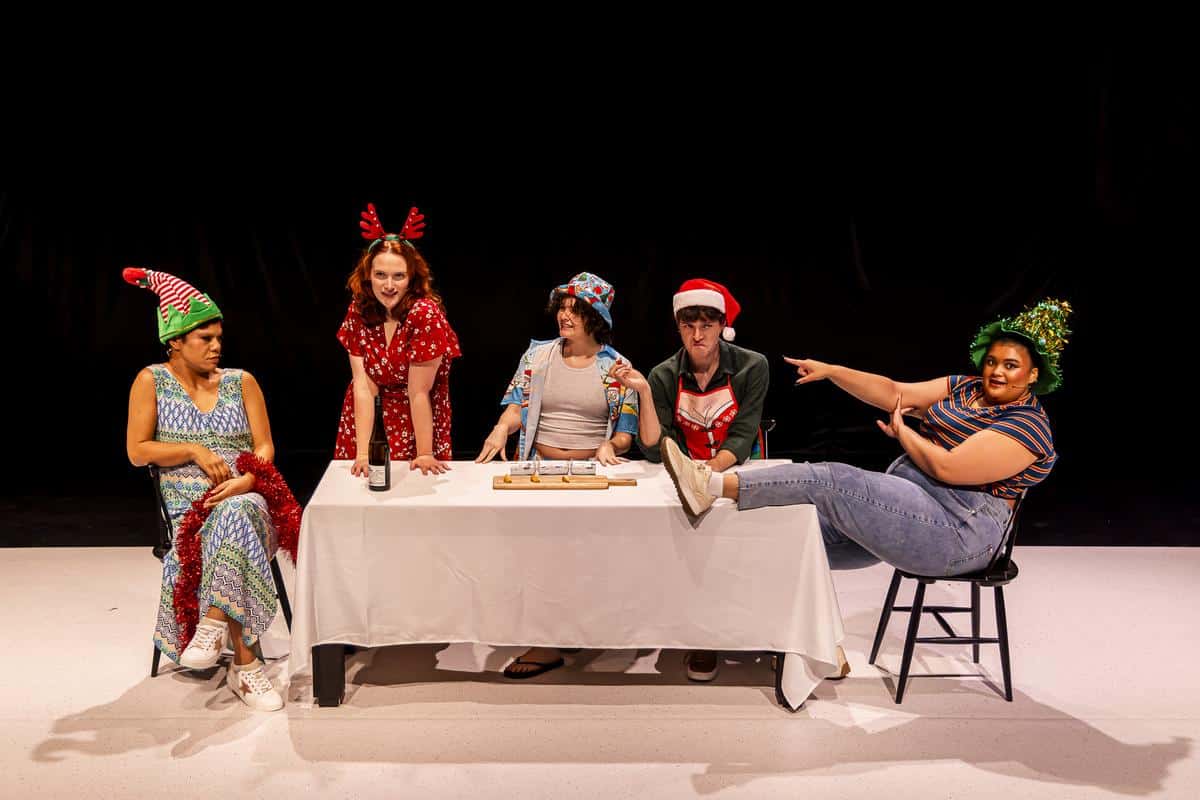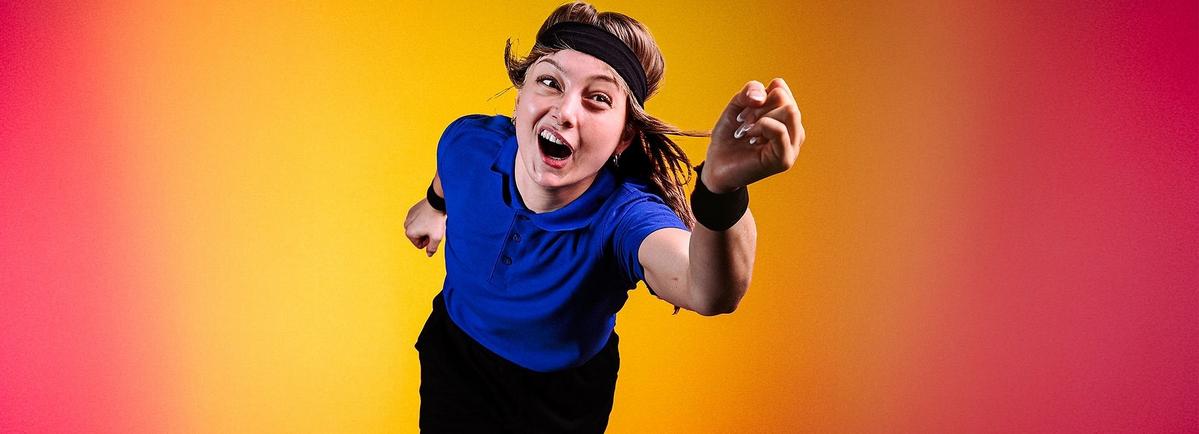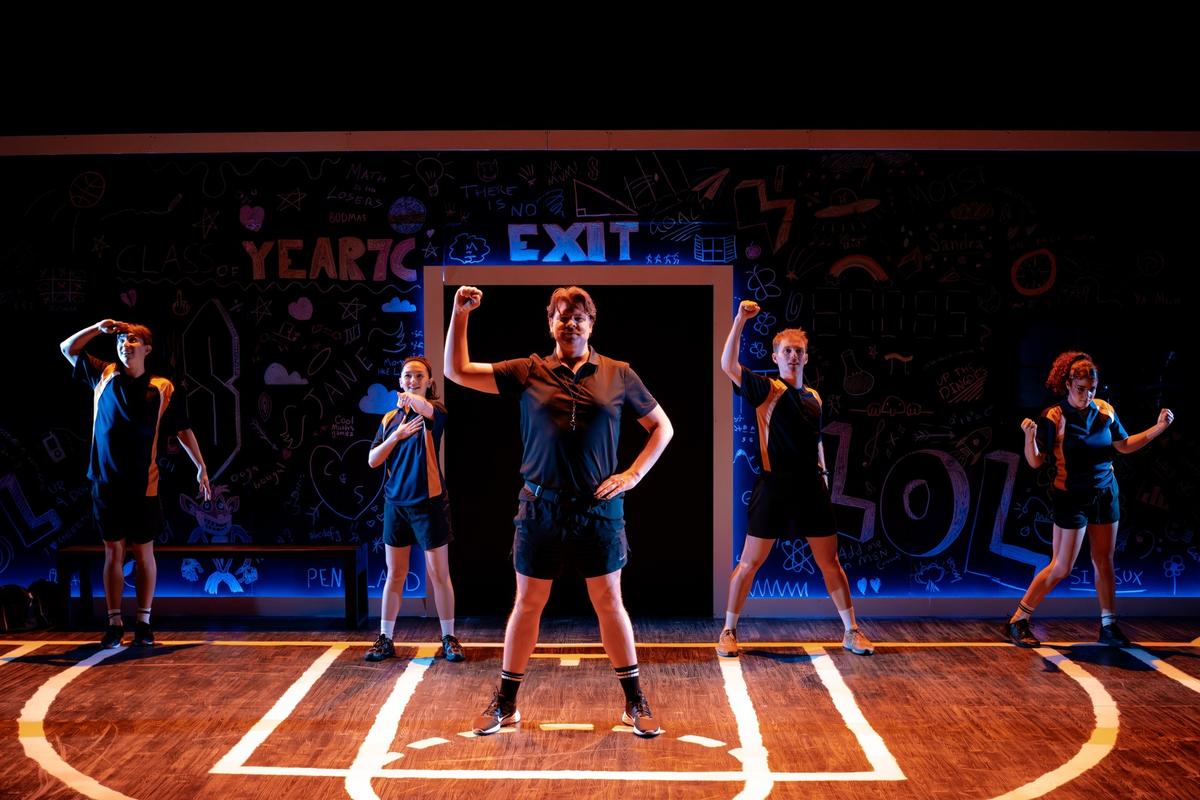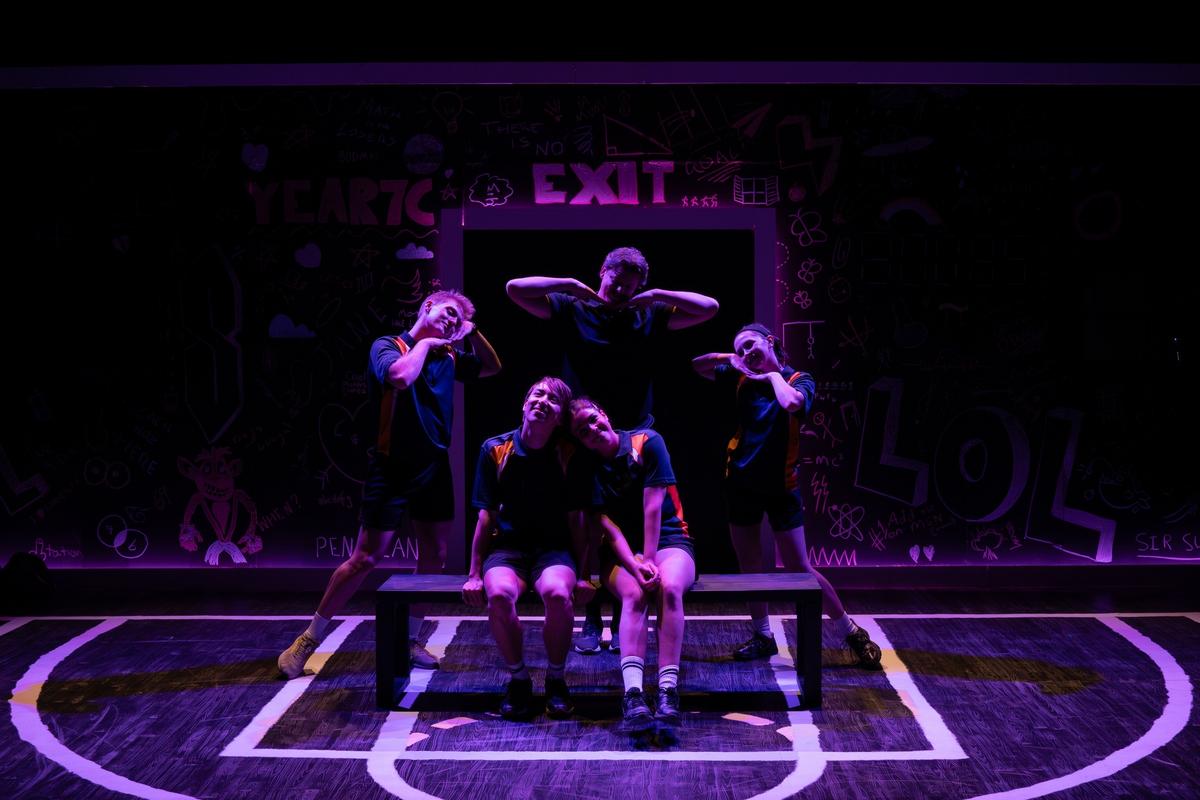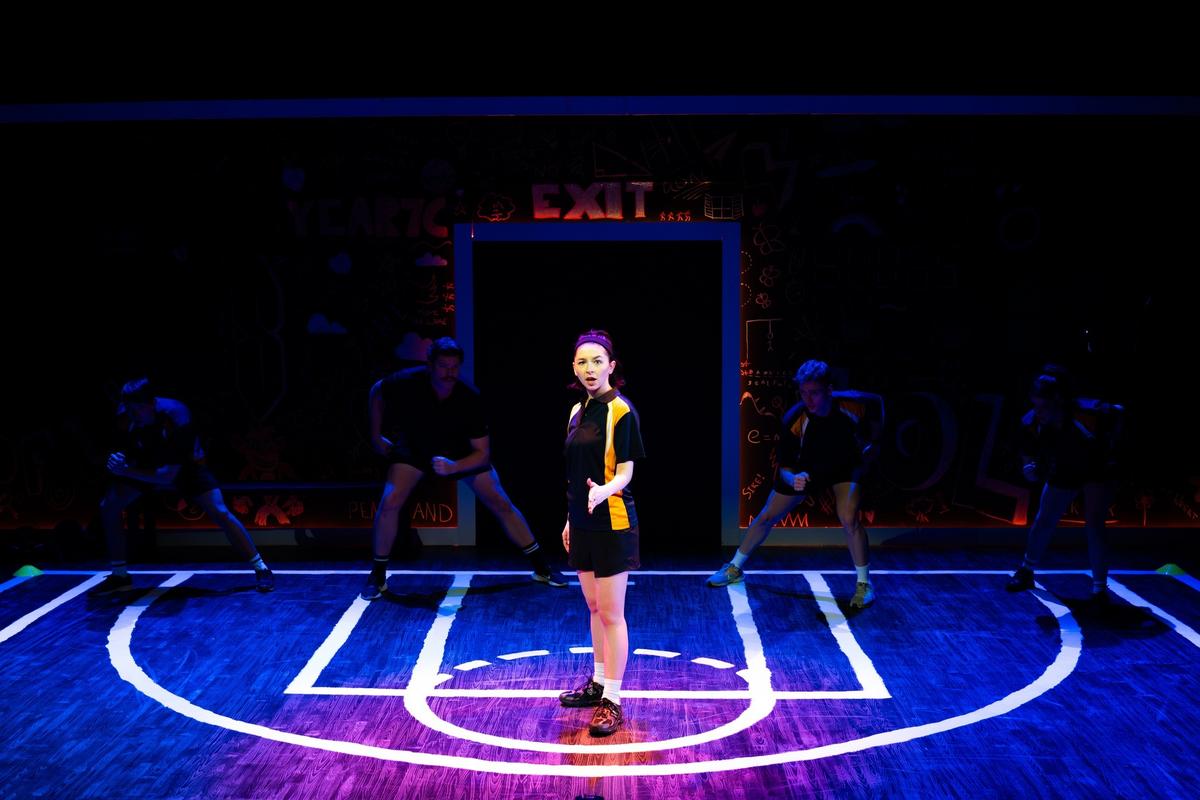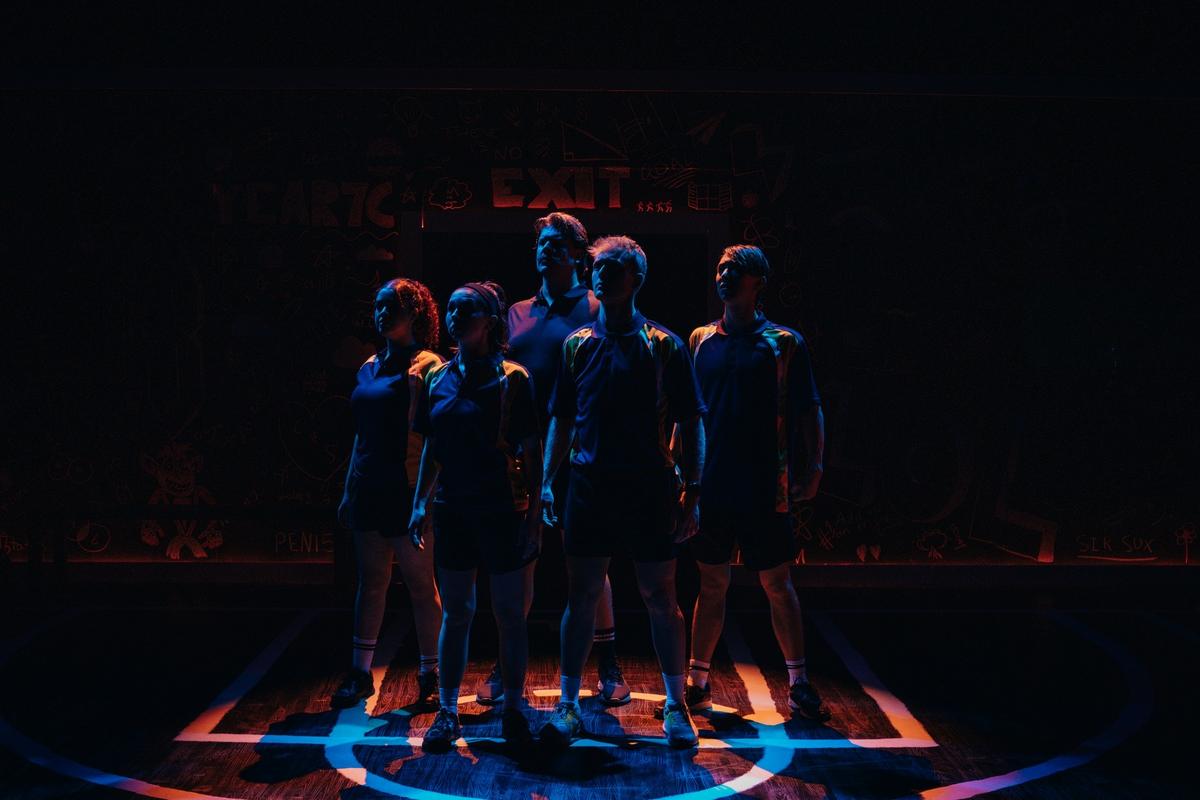What Marielle Knows is a part of Melbourne’s German Film Festival for 2025. It was selected and screened at the Berlinale this year and follows parents Julia and Tobias when they discover that their daughter can see and hear everything they do, whether she is with them or not. The film is advertised as a comedy, however I think it would be better suited to a dark comedy label, dabbling very closely with drama. The film centres on the married couple and how through discovering their daughter’s sudden telepathic abilities, the fragile foundations of their relationship start to crumble and teeter them dangerously close to divorce.
The film tackles a lot in its 86 minute run time, which makes for a really engaging watch. On the surface What Marielle Knows is looking at lying, where the line is, what does honesty mean when compared to truth, and how much of the truth we should share with the people in our lives. Underneath that, it interrogates family dynamics, how each parent has a distinctly different connection with the same child and how this can be manipulated by either parent. It looks at the plain and simple morality of a child and tries to apply those black and white notions to complicated, more mature feelings.
At the bottom of the iceberg, the film is an exploration of the lessons parents teach their kids, commenting on how although they don’t see every action their parents take, there will always be a follow through of emotional consequences. I enjoyed the way the film brought each of these themes up. It felt as though director Frédéric Hambalek thought carefully about each when embedding them into the film’s narrative.
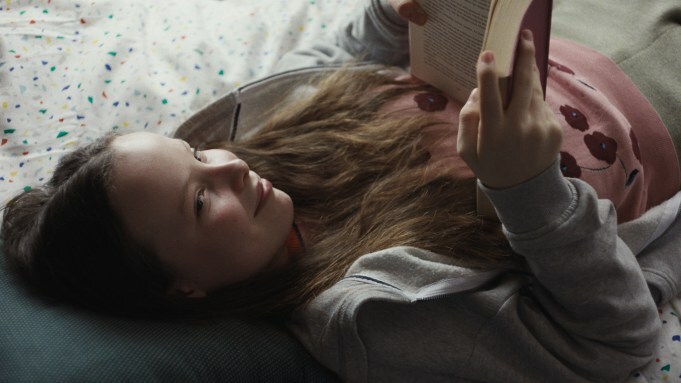
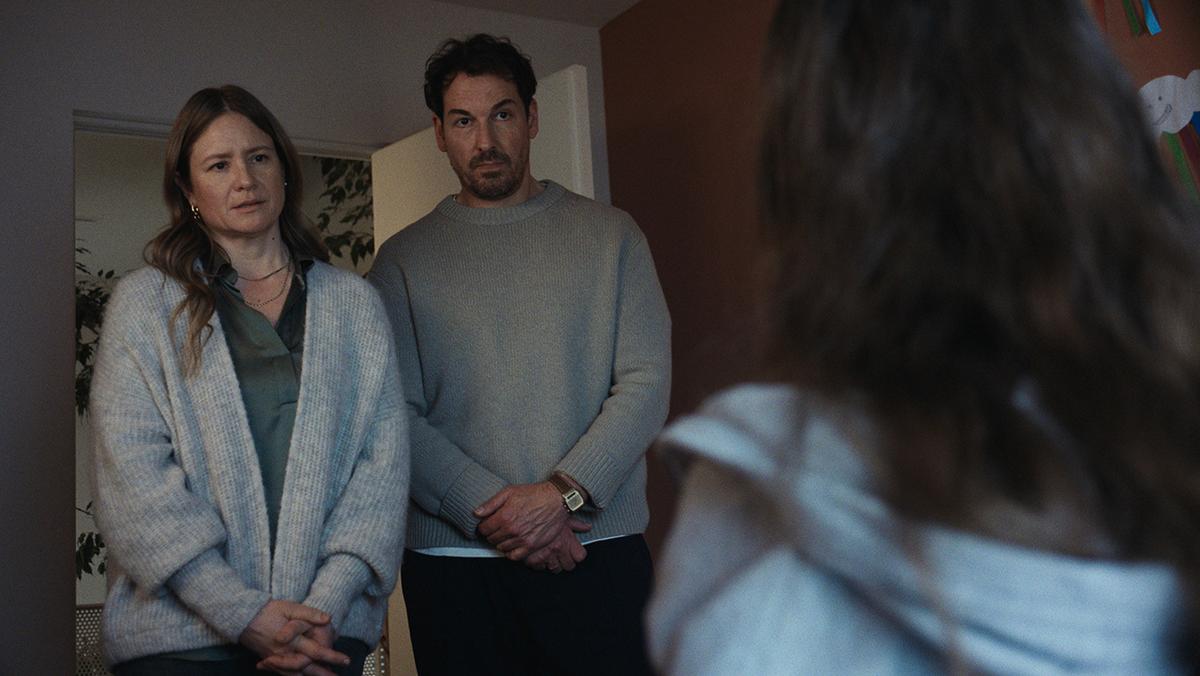
What did divert this understanding for me, was little attention the film paid to Marielle herself. Her parents are the main characters and in many ways Marielle serves as the antagonist, so it was an interesting creative choice to only really examine her reactions through the slow motion, rainbow dyed frames of her that were inserted between moments like title cards. It didn’t do a disservice to the story, as it focused on parental guilt and the pressures of trying to be a good parent and what that even means, but it did make me itch for a version of events told from her eyes, how she’s reacting to some of the more intense moments Julia and Tobias experience.
The greatest highlight of the film to me was the performances. Julia Jentsch, who played Julia, Felix Kramer who portrayed Tobias and Laeni Geiseler who was Marielle, all really brought their characters to life in a way that really allowed me to empathise with all of them. Felix Kramer in particular really shone to me, he conveyed a man on the brink of a nervous breakdown with such careful restraint; the whole film I was waiting to watch the delicate wire he perched his character on snap. Together, the cast had fantastic chemistry, despite their differing physical appearances, they really felt like a believable family unit.
As equally empathetic each character felt to the audience, I thought it was an interesting choice to make Julia’s character into the villain towards the end of the film. The film and Marielle gave Tobias much more grace for his actions, but gave Julia the most work to overcome. I didn’t necessarily resonate with this aspect of the story, considering how much Tobias consistently abused her trust throughout the film, however I do think that beneath this is an interesting discussion of where the line is when it comes to telling the ‘truth’.
For a comedy, this film packs its themes in air tight and gives the viewer plenty to chew on through a unique and original concept.
To book tickets to What Marielle Knows, or any other films in the German Film Festival, please visit https://germanfilmfestival.com.au/.


